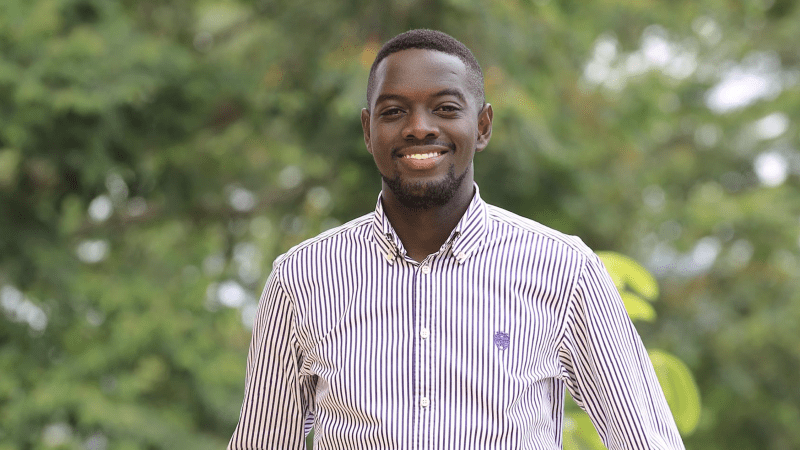Netflix has announced plans to begin cracking down on password sharing by introducing an additional fee for users outside the account holder’s household. The aim is to allow members who share their accounts to do so “easily and securely, while also paying a bit more,” said the company’s director of product innovation Chengyi Long in a blog post.
The entertainment giant might also introduce additional login criteria such as a 2-factor authentication or multifactor authentication in order to check people from sharing their passwords. That way, if another person tries to access the account, only entering the username and password might not be enough. They may have to enter verification codes sent to the user’s phone. This in turn can make the account even more secure.
The streaming giant will be launching a test of the “add an extra member” feature in Chile, Costa Rica and Peru in the coming weeks, allowing members on Standard and Premium plans to add subsidiary accounts for up to two people they don’t live with, each with their own profile, personalised recommendations, login and password, at significantly less than the price of a separate Netflix plan.
Specifically, the standalone cost for adding an extra member in Peru will be PEN 7.90 a month compared to PEN 24.90 for a basic plan, PEN 34.90 for a standard plan and PEN 44.90 for a premium one. In Chile the extra member price will be CLP 2,380 and in Costa Rica USD 2,380.
Netflix will also be allowing members in the three test countries to enable people who share their account to transfer profile information either to a new account or an Extra Member sub account, thereby preserving their viewing history, My List and personalised recommendations.
The streaming giant said it decided to crack down on free account sharing among its 222 million subscribers because the practice was “impacting our ability to invest in great new TV and films for our members,” adding that it intends to understand the utility of the new features in the three test countries before making changes anywhere else in the world.
By: Telecom Paper











